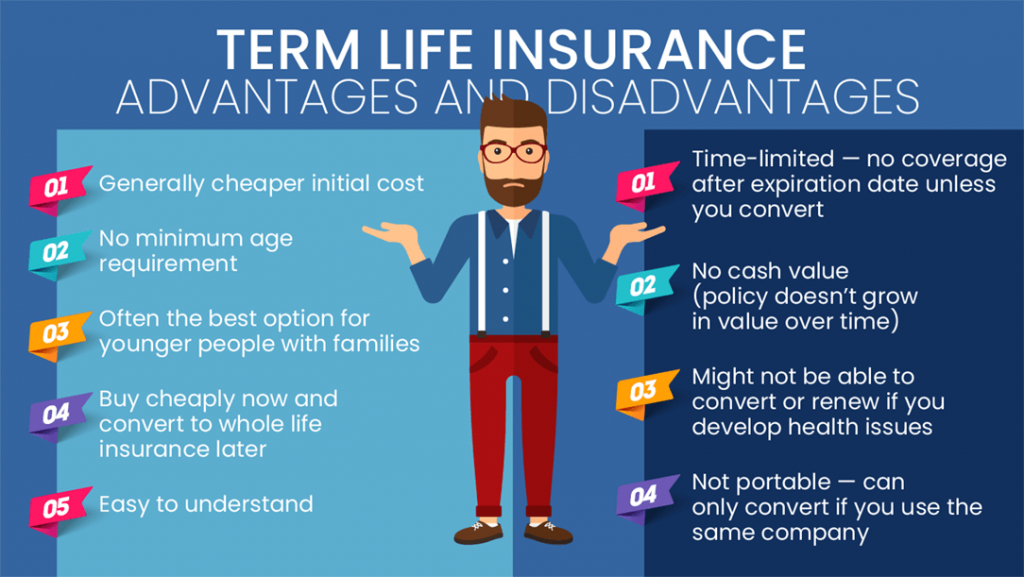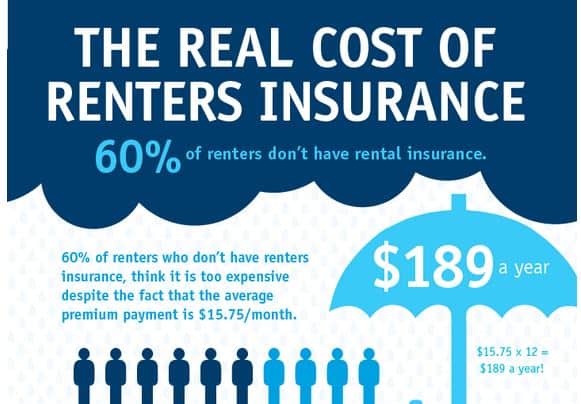Entire life and universal life insurance coverage are both considered permanent policies. That means they're developed to last your entire life and won't end after a certain time period as long as required premiums are paid. They both have the prospective to accumulate money worth with time that you might be able to obtain against tax-free, for any reason. Since of this feature, premiums might be higher than term insurance. Entire life insurance policies have a set premium, meaning you pay the very same amount each and every year for your coverage. Similar to universal life insurance, whole life has the potential to collect cash value with time, creating an amount that you might have the ability to borrow versus.
Depending upon your policy's potential cash value, it might be utilized to skip a premium payment, or be left alone with the possible to collect value in time. Potential development in a universal life policy will differ based on the specifics of your specific policy, in addition to other factors. When you buy a policy, the releasing insurer develops a minimum interest crediting rate as outlined in your contract. Nevertheless, if the insurer's portfolio earns more than the minimum rate of interest, the company may credit the excess interest to your policy. This is why universal life policies have the prospective to make more than a whole life policy some years, while in others they can earn less.
Here's how: Considering that there is a cash value part, you may be able to skip premium payments as long as the money value suffices to cover your required expenditures for that month Some policies may allow you to increase or decrease the survivor benefit to match your particular situations ** In most cases you may borrow versus the cash worth that may have collected in the policy The interest that you may have earned gradually accumulates tax-deferred Entire life policies offer you a fixed level premium that will not increase, the prospective to collect cash worth gradually, and a fixed survivor benefit for the life of the policy.
As a result, universal life insurance coverage premiums are normally lower during durations of high rate of interest than entire life insurance coverage premiums, typically for the very same amount of protection. Another crucial difference would be how the interest is paid. While the interest paid on universal life insurance coverage is frequently changed monthly, interest on a whole life insurance policy is usually adjusted each year. This might mean that throughout durations of rising interest rates, universal life insurance coverage policy holders might see their cash values increase at a fast rate compared to those in entire life insurance policies. Some individuals might prefer the set survivor benefit, level premiums, and the capacity for development of a whole life policy.
Although whole and universal life policies have their own unique functions and benefits, they both focus on supplying your enjoyed ones with the money they'll require when you die. By working with a qualified life insurance coverage representative or business representative, you'll be able to choose the policy that finest meets your specific requirements, budget plan, and financial objectives. You can also get acomplimentary online term life quote now. * Offered required premium payments are timely made. ** Increases may go through extra underwriting. WEB.1468 (How much is car insurance per month). 05.15.
The smart Trick of What Is The Penalty For Not Having Health Insurance That Nobody is Talking About
You do not need to think if you should enroll in a universal life policy because here you can find out all about universal life insurance coverage benefits and drawbacks. It resembles getting a sneak peek before you buy so you can decide if it's the best kind of life insurance coverage for you. Continue reading to discover the ups and downs of how universal life premium payments, money value, and death advantage works. Universal life is an adjustable kind of irreversible life insurance coverage that allows you to make modifications to 2 primary parts of the policy: the premium and the death advantage, which in turn affects the policy's cash worth.

Below are a few of the total pros and cons of universal life insurance. Pros Cons Created to provide more versatility than whole life Does not have the ensured level premium that's available with entire life Money worth grows at a variable rate of interest, which might yield greater returns Variable rates also indicate that the interest on the cash value could be low More opportunity to increase the policy's money value A policy usually needs to have a favorable cash value to remain active One of the most appealing functions of universal life insurance coverage is the ability to choose when and how much premium you pay, as long as payments fulfill the minimum amount required to keep the policy active and the Internal Revenue Service life insurance guidelines on the optimum amount of excess premium payments you can make (How much is renters insurance).

But with this flexibility also comes some drawbacks. Let's discuss universal life insurance advantages and disadvantages when it pertains to changing how you pay premiums. Unlike other kinds of permanent life policies, universal life can adapt to fit your monetary requirements when your cash flow is up or when your budget plan is tight. You can: Pay greater premiums more regularly than needed Pay less premiums less often or perhaps skip payments Pay premiums out-of-pocket or use the cash worth to pay premiums Paying the minimum premium, less than the target premium, or skipping payments will negatively affect the policy's money worth.